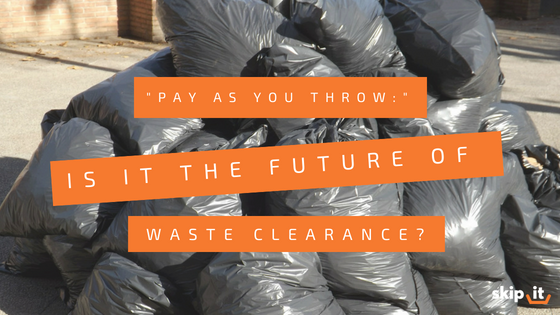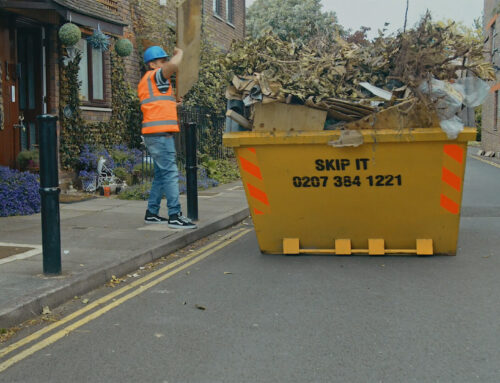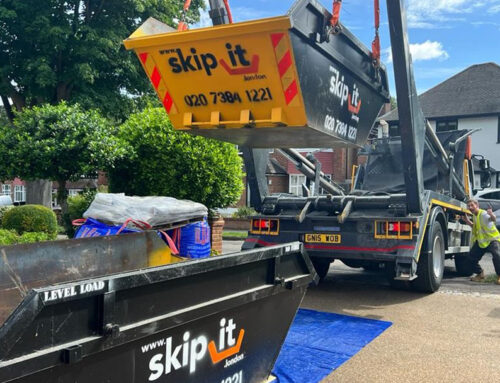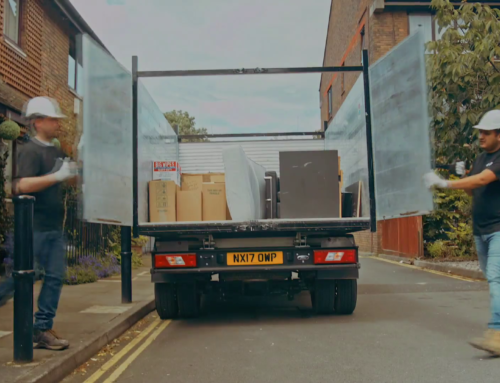A UK based company has called for a revolution in UK recycling.
By 2030, Suez suggests that the country should implement a ‘pay as you throw’ scheme, using a ‘chip-and-bin’ system that charges people for the total weight of household waste clearance they send to the landfill.
The research
This comes in response to research collected with YouGov that revealed a ‘significant disconnect between how well the British public think they are recycling their household waste, and actual recycling performance’.
In fact, that disconnect is more profound than you’d think. According to the survey, 38 per cent of respondents claim to recycle all the waste they can. Another 41 per cent say they recycle the vast majority. Very few people claimed barely to recycle at all.
Considering the UK’s waste collection recycling rates currently languish around the low 40 per cen
Why the low waste clearance rates?
In fact, there might well be a good reason for the UK’s low recycling rates. The truth is there’s only a certain amount of household waste clearance that can be recycled. And even of that, a large contingent changes depending on the local authority. What happens when that old wrapper or packet says ‘check locally?’ We’d wager the majority of people throw it in the landfill to be safe.
The proposals
In response to their research, the company have advocated a raft of proposals that seek to combat the problem. The most controversial is certainly the suggestion that consumers should pay per weight of waste clearance sent to the landfill.
Perhaps the more interesting proposals, however, are the suggestion that manufacturers, particularly in retail, should pay tax for producing unrecyclable packaging and products. This relates in particular to the much-touted scourge of single use plastics.
Making a larger contingent of waste recyclable in the first place would surely help increasing overall recycling.
Will it work?
In an ideal world, all waste would be recyclable, and all people would recycle.
We’ve made significant improvements towards this goal, but it’s clear that there’s plenty of progress still to make. None of us want to start paying per gram of rubbish sent to landfill, and businesses certainly don’t want to pay fines for using non-recyclable materials. But could this be the waste collection revolution the country needs?
We recently wrote about the country’s need to develop a circular economy and boosting our recycling rates is certainly an important element of this – but it doesn’t stop there. We also need to ensure that recycled products are made into new ones, rather than being simply being sold off overseas.
The proposals to tax non-recycled and non-recyclable products may be controversial. But they’d certainly go a long way to creating the circular economy that the country’s future relies on. The question is – is that a price we’re willing to pay?
We can’t yet tell whether or not the UK will adopt this scheme. But it’s certainly the case that, in the meantime, individuals and businesses everywhere should seek to be as responsible and sustainable with their waste clearance strategy as possible.
Whether its house clearance services, business waste collection services, or old furniture collection, make sure you make the responsible waste clearance choice and trust the experts when you decide what to do with your rubbish.










Leave A Comment